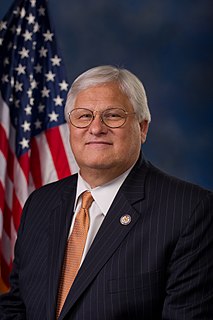A Quote by Adel al-Jubeir
We have a war against Daesh (the Islamic State, or IS) in Syria. A coalition that was led by the United States, with Saudi Arabia being one of the first members of that coalition.
Related Quotes
Saudi Arabia has said that if the US-led coalition against Daesh is prepared to engage in ground operations, we will be prepared to participate with special forces. The Russians say their objective is to defeat Daesh, too. If the deployment of ground troops helps in the fight against Daesh, why is that World War III?
If we want to defeat Islamic State, we first have to arrive at a cease-fire agreement in Syria. Once that has been achieved, an anti-IS coalition can be assembled, including Russia, Saudi Arabia and Iran. That, however, will be significantly more difficult in the wake of Turkey's downing of the Russian plane.
In the Islamic world, the U.S. is seen in two quite different ways. One view recognizes what an extraordinary country the U.S. is.The other view is of the official United States, the United States of armies and interventions. The United States that in 1953 overthrew the nationalist government of Mossadegh in Iran and brought back the shah. The United States that has been involved first in the Gulf War and then in the tremendously damaging sanctions against Iraqi civilians. The United States that is the supporter of Israel against the Palestinians.
I voted against the war in Iraq. I voted against the first Gulf War. I think war is the last resort - the last option of a great military power like us. I think that we need to focus on building coalitions. Yes, ISIS must be destroyed. But it should be destroyed by a coalition of Muslim nations on the ground with the support of the United States and the other major powers in the air and in training the troops there.
I was the first senior American official to meet with Riyadh's dynamic Deputy Crown Prince Mohammed bin Salman after the Saudi intervention in Yemen in 2015. I reiterated the United States' commitment to defend Saudi Arabia against Houthi aggression and to help press the Houthis back to the bargaining table.
Two years and a half and Syria is still withstanding against the United States, the West, Saudi Arabia, the richest countries in this area, including Turkey, and, taking into consideration what your question implies, that even the big part or the bigger part of the Syrian population is against me, how can I withstand till today ? Am I the superhuman or Superman, which is not the case !






























